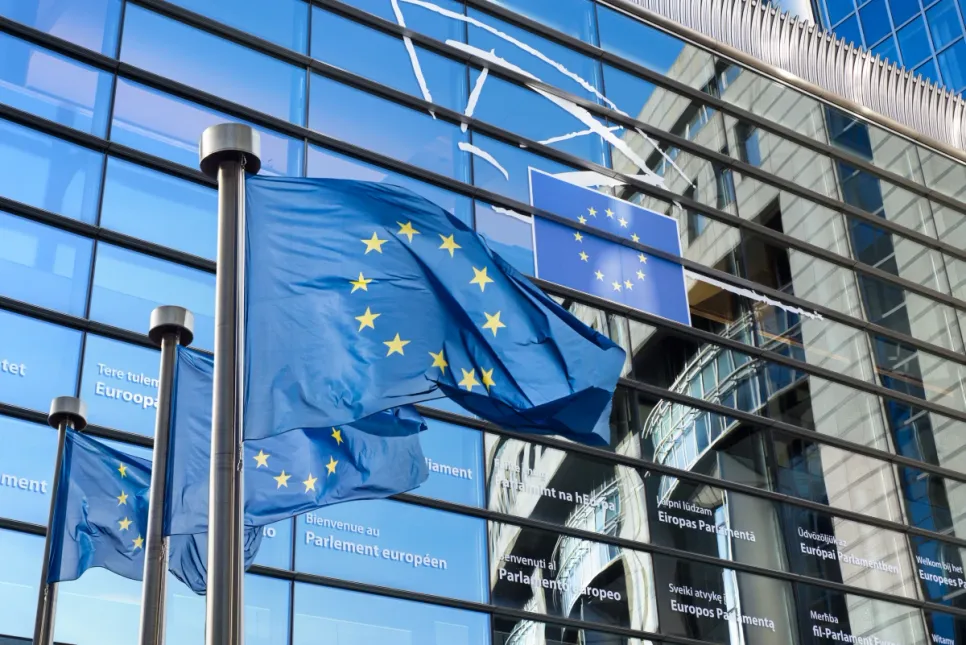EU Delays AI Rules After Strong Pressure from Companies
The European Commission has delayed parts of its stringent tech rules.

The European Commission has delayed parts of its stringent tech rules. The EC proposed a delay to several high-risk AI requirements to ease compliance burdens, calm industry backlash, and keep Europe competitive.
Unveiled as part of a broad Digital Omnibus package, the proposal would delay the enforcement of stricter AI Act rules by as much as 16 months. The AI Act, introduced in 2023, classifies AI technologies by risk level and bans systems deemed unsafe or harmful to fundamental rights. The EC has set its latest package as a move to slash digital red tape for a regulatory system widely viewed as slowing Europe’s ability to compete with the US and China.
“Our companies, especially our start-ups and small businesses, are often held back by layers of rigid rules,” stated Henna Virkkunen, commissioner responsible for tech sovereignty, security, and democracy. “This gives space for innovation to happen and to be marketed in Europe”. The overhaul lands amid mounting backlash to the AI Act from European and US tech giants, as well as pushback from US President Donald Trump. Under the package, cybersecurity reporting processes and data-protection requirements for training AI models would also be simplified under a single reporting interface. In addition, the regulator proposed streamlined consent rules for website cookies.
The Digital Omnibus also proposed a European Business Wallet to give companies a unified digital identity to sign, store, and exchange verified documents across all 27 member states, making cross-border scaling easier than ever before. Changes across multiple frameworks, including the Data Act and the GDPR, were also proposed. Among the most significant shifts is a possible GDPR tweak that would allow Google, Meta, OpenAI, and other tech companies to use EU citizens’ personal data to train AI systems.
The EC estimated the package could trim up to €5 billion in admin costs by 2029, while the Business Wallet alone could unlock €150 billion a year. The proposals now head to the European Parliament and Council for adoption, while a new Digital Fitness Check consultation running until March 2026 will determine whether the watchdog’s wider digital rulebook still delivers on its competitiveness goals.